The Birth of Uniontown Mall (1972-1980)
Uniontown Mall opened its doors in 1972, bringing a new shopping experience to South Union Township, Pennsylvania, just outside Uniontown.
Developed by Crown American, the mall followed a trend that had been sweeping the country: large, enclosed shopping centers designed for convenience and variety.
It arrived at a time when suburban retail was booming, with department stores serving as the main draw.
At launch, the mall featured two major anchors: Sears and Gee Bee.
Sears, a retail powerhouse at the time, attracted steady foot traffic with its vast selection of clothing, appliances, and home goods.
Gee Bee, a discount department store under the Glosser Brothers banner, provided a more budget-friendly alternative.
Together, these retailers set the foundation for what would become the area's dominant shopping hub.
In 1975, the mall gained a third anchor, The Bon-Ton.
This addition expanded the variety of shopping options, providing customers with access to a department store renowned for its fashion and home essentials.
The mall continued to grow, bringing in JCPenney and Hess's a few years later.
JCPenney quickly became a staple for clothing, housewares, and cosmetics, while Hess's added a more upscale touch with its trendy apparel and unique store displays.
By the late 1970s, Uniontown Mall had become a retail destination, offering a mix of national chains and smaller, local businesses.
The enclosed layout provided a climate-controlled shopping environment, an advantage during Pennsylvania's harsh winters.
Uniontown had already been a retail center in Fayette County, but the mall shifted local shopping patterns.
Instead of heading to downtown Uniontown or smaller strip centers, many residents started frequenting the new indoor complex.
People from neighboring towns made the trip, which helped local businesses thrive.
At the time, if you were looking for things to do in Uniontown, PA, the mall was at the top of the list.
The Evolution of Retail Spaces (1980-1999)
In 1992, the mall saw one of its first major anchor transitions. Gee Bee closed, and Value City moved in.
Value City offered a mix of off-price clothing, furniture, and household goods, drawing in budget-conscious shoppers.
By the mid-1990s, department stores were facing pressure from big-box retailers and outlet malls.
Shoppers had more options than ever, and mall traffic started to fluctuate.
In 1999, Uniontown Mall lost one of its longtime anchors when Hess's closed its doors.
The closure wasn't unique to Uniontown; Hess's was shutting down locations across multiple states after struggling to compete with larger national chains.
After Hess's exit, the former store was split into two separate businesses.
One half became Timeless Traditions, a local furniture store, while the other half was leased to TeleTech (TTEC), a customer service and telemarketing company.
The food court, once a promising addition, was shuttered by the early 1990s and repurposed into standard mall space.
The closure reflected a growing challenge: attracting and keeping tenants in a market that was becoming more competitive.
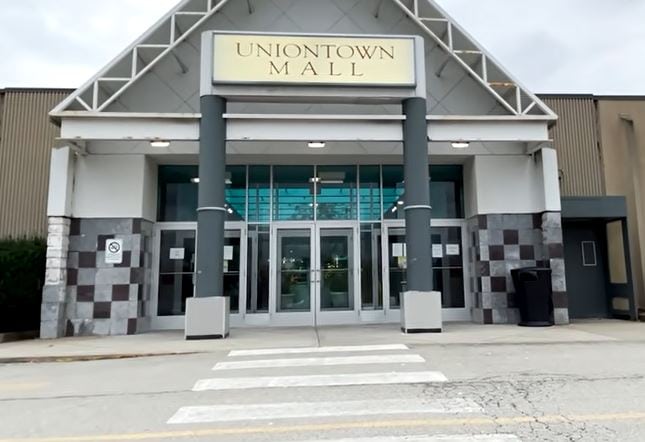
Ownership Changes and Market Challenges (2000-2015)
The early 2000s brought a shift in ownership.
In 2003, Pennsylvania Real Estate Investment Trust (PREIT) acquired Uniontown Mall as part of a broader deal to purchase multiple properties from Crown American Realty Trust.
In 2007, Value City closed, vacating a large portion of its space. Instead of staying empty for long, the spot was quickly leased to Burlington Coat Factory.
The switch from a general discount store to an off-price clothing retailer reflected broader industry trends.
Burlington attracted bargain hunters, keeping foot traffic steady.
In January 2015, PREIT decided to sell Uniontown Mall.
The company announced that it was looking to offload multiple properties, focusing instead on high-performing malls in larger markets.
In August 2015, the sale was completed, and Mason Asset Management and Namdar Realty Group assumed ownership.
Namdar had a reputation for buying struggling malls at low prices, often keeping operations running with minimal investment.
Decline of Anchor Stores and Tenant Departures (2016-2021)
By 2016, Uniontown Mall was already facing challenges, but things took a sharper turn when Sears closed in March 2017.
The store had been one of the mall's original anchors, and its departure left a large, vacant space.
Across the country, Sears locations were shut down as the company struggled with declining sales and increased competition from online and big-box retailers.
The mall took another hit in August 2018 when Bon-Ton went out of business.
The department store chain filed for bankruptcy earlier that year, and all locations nationwide were forced to close.
Uniontown Mall lost another key tenant, leaving only JCPenney and Burlington Coat Factory as the remaining anchors.
Large, empty storefronts became a common sight, and foot traffic started to drop.
Retailers continued exiting in 2019.
Burlington Coat Factory announced in January that it would not renew its lease, vacating the space that Gee Bee and Value City had once occupied.
Around the same time, Dunham's Sports and Timeless Traditions Furniture both left the mall.
Timeless Traditions moved to a nearby building that previously housed Super Kmart, while Dunham's closed without relocating.
By mid-2021, the mall lost one of its last major attractions, AMC Theatres abruptly shut down.
The movie theater had been a draw for visitors outside of shopping hours, helping generate evening and weekend traffic.
Its closure left yet another vacant anchor space.
Current Status and Future Prospects (2022-Present)
By 2025, Uniontown Mall had changed from a fully occupied shopping center to a property with multiple vacant anchor spaces and fewer national retailers.
JCPenney remains open, but it is the only original anchor still in business at the mall.
Instead of large department stores, new tenants include non-retail businesses like Crossfit Uniontown, which took over part of a former anchor space.
Local businesses rather than national chains now occupy many storefronts.
A mix of service-based companies, small specialty retailers, and seasonal pop-up shops operate throughout the mall.
Foot traffic is lower than in past decades, and some sections feel quiet, especially on weekdays.
The mall's future remains uncertain. Discussions about redevelopment have surfaced, with ideas ranging from mixed-use spaces to community centers.
Some commercial properties across the country have been repurposed into medical offices, educational facilities, or residential units, but no official plans for Uniontown Mall have been announced.

With JCPenney still operating and a handful of tenants keeping space occupied, the mall hasn't closed, but its days as a thriving retail hub are long gone.
Without new investment or a shift in focus, it remains in a transition phase, struggling to adapt to a retail world that looks very different from when it first opened in 1972.
In late 2024, Next Wave Industries announced plans to establish a new production facility within the mall.
This initiative aims to revitalize the space by introducing manufacturing operations, potentially creating job opportunities for the local community.
The company has been actively recruiting, with hiring events held at PA CareerLink Fayette County to staff the upcoming facility.

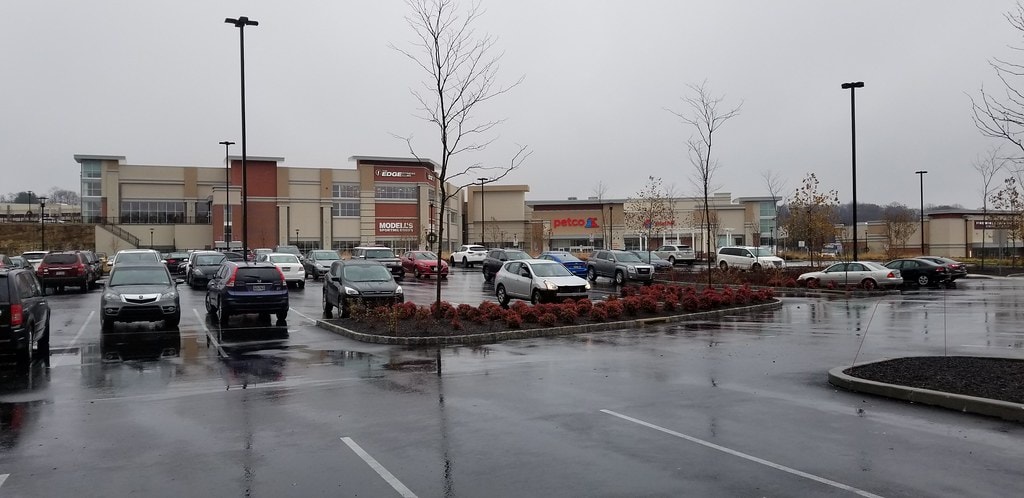
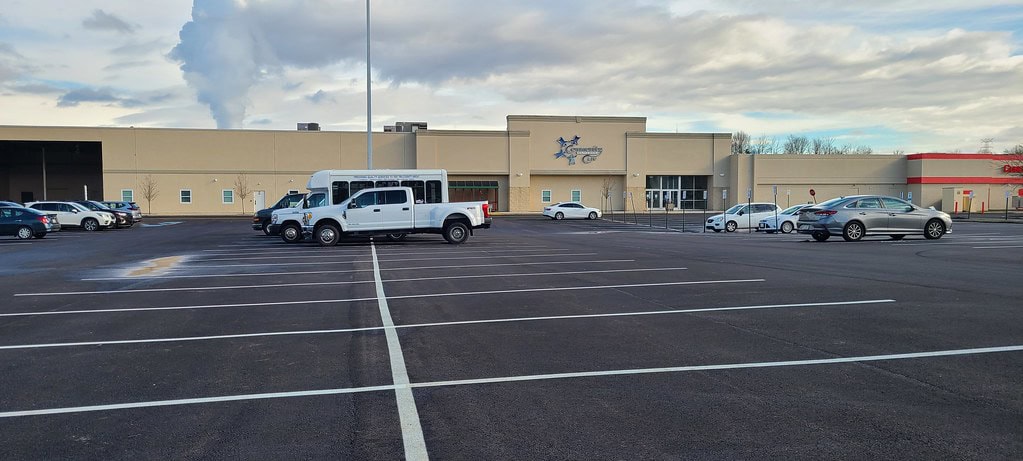
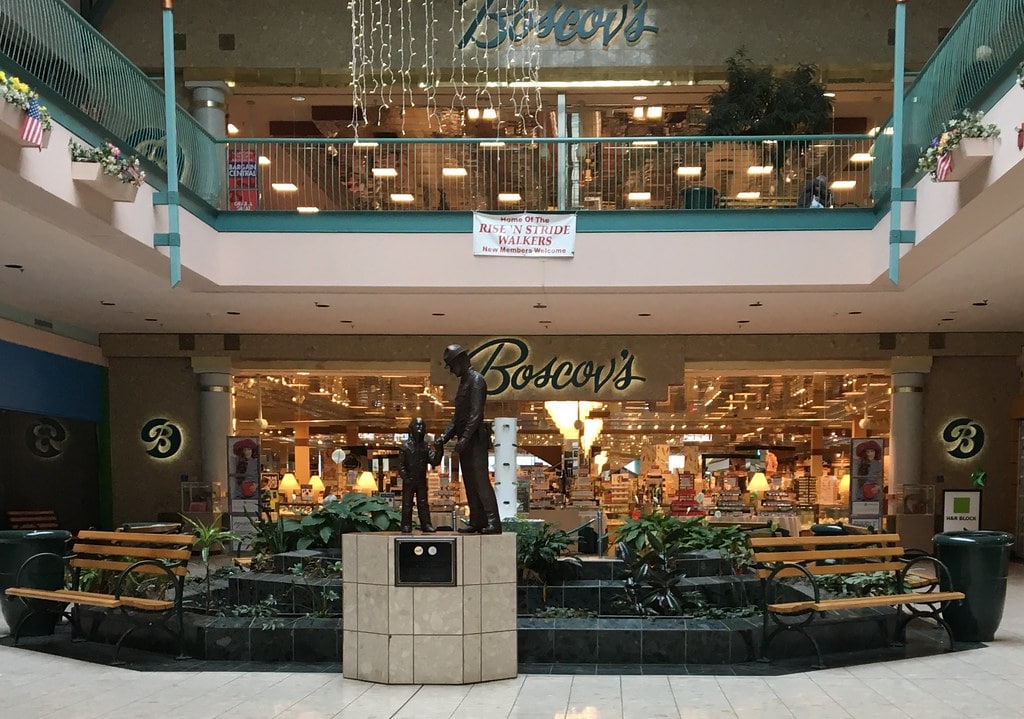
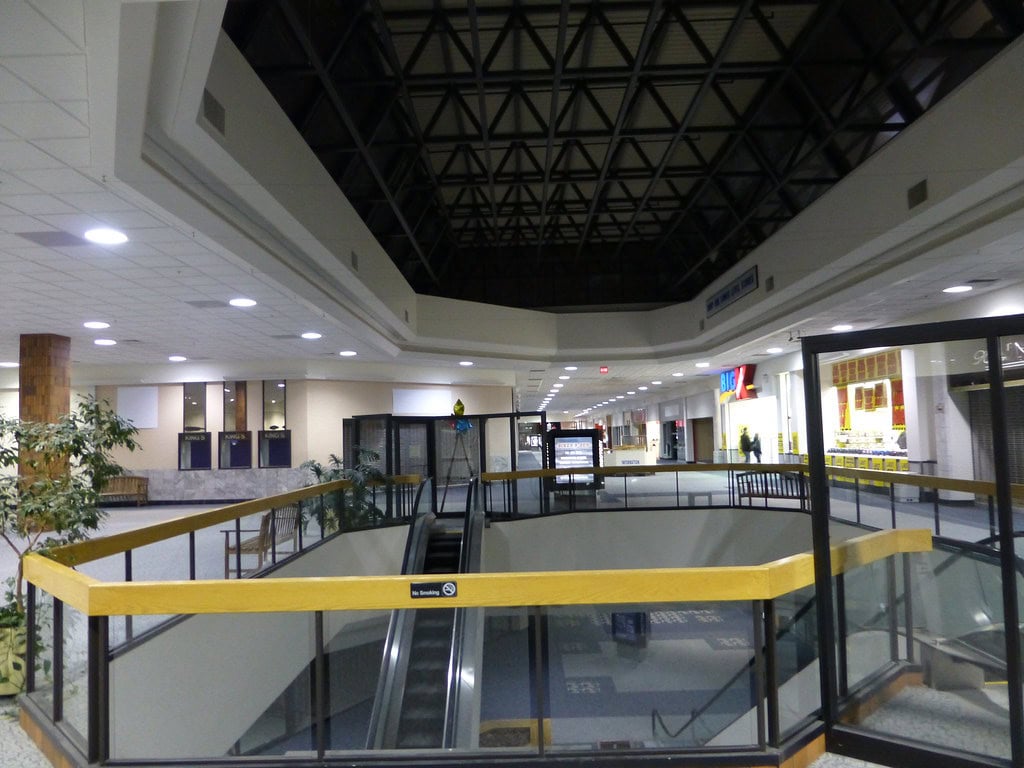
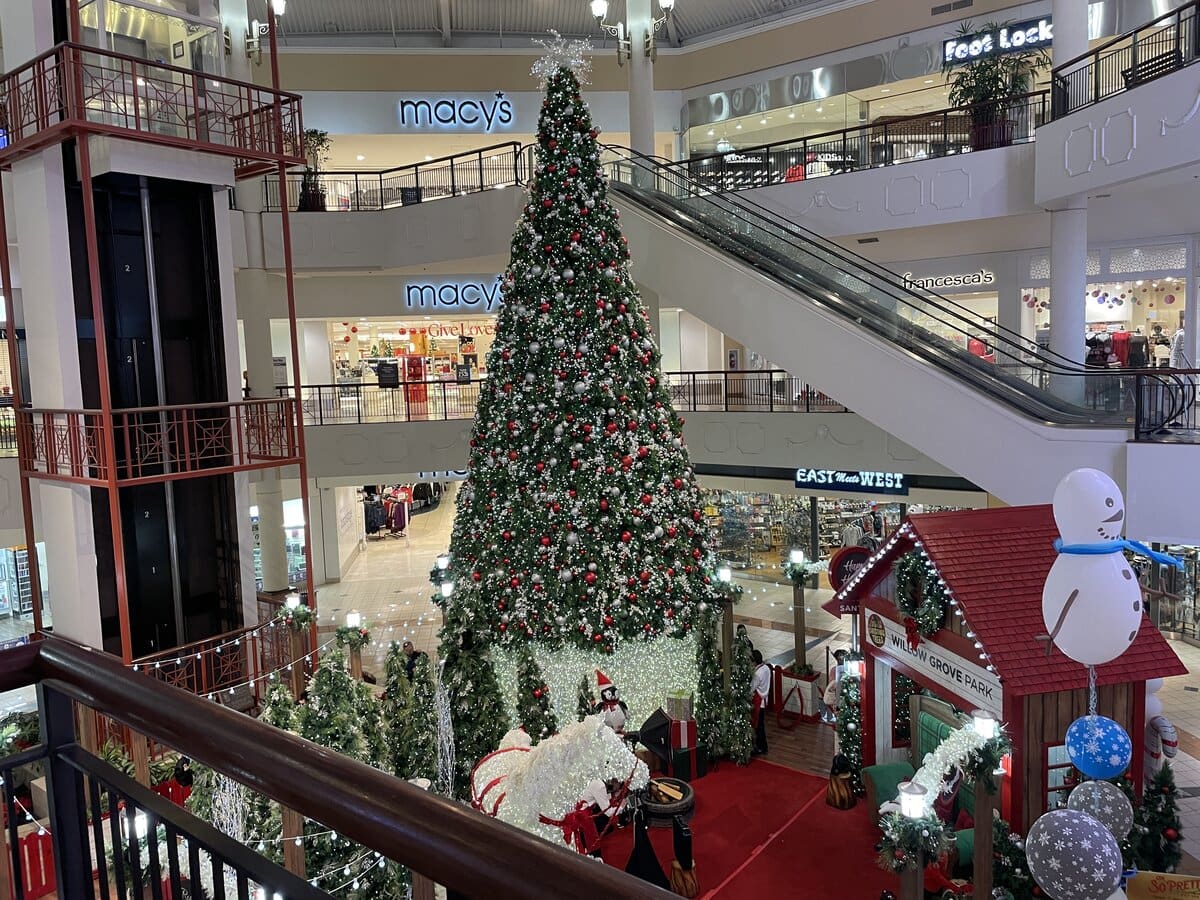
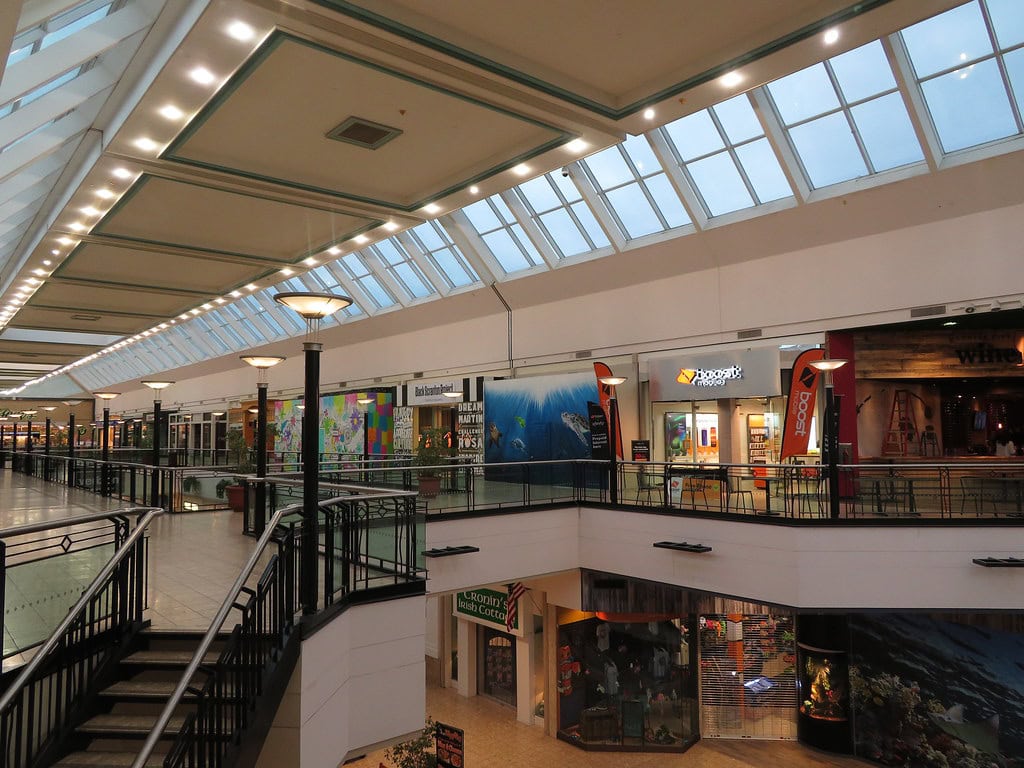
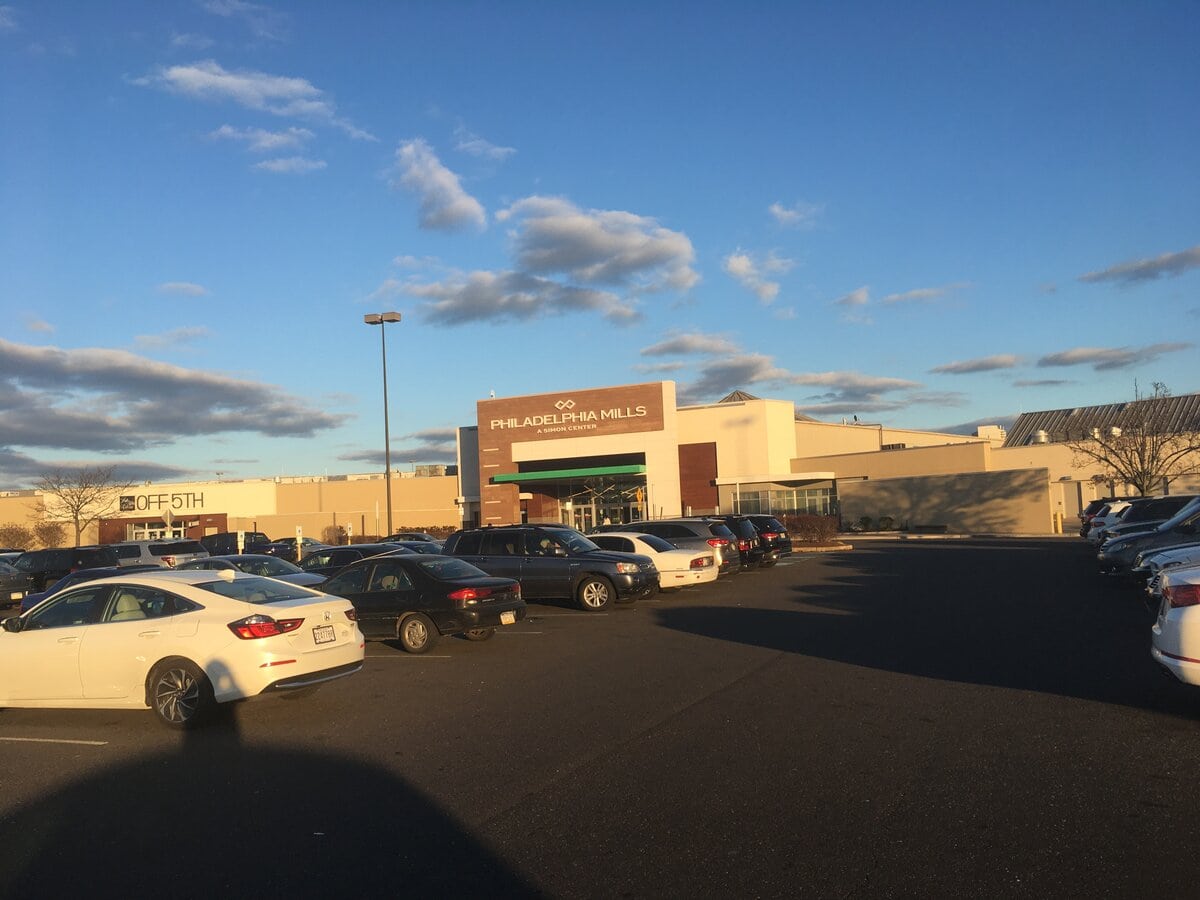
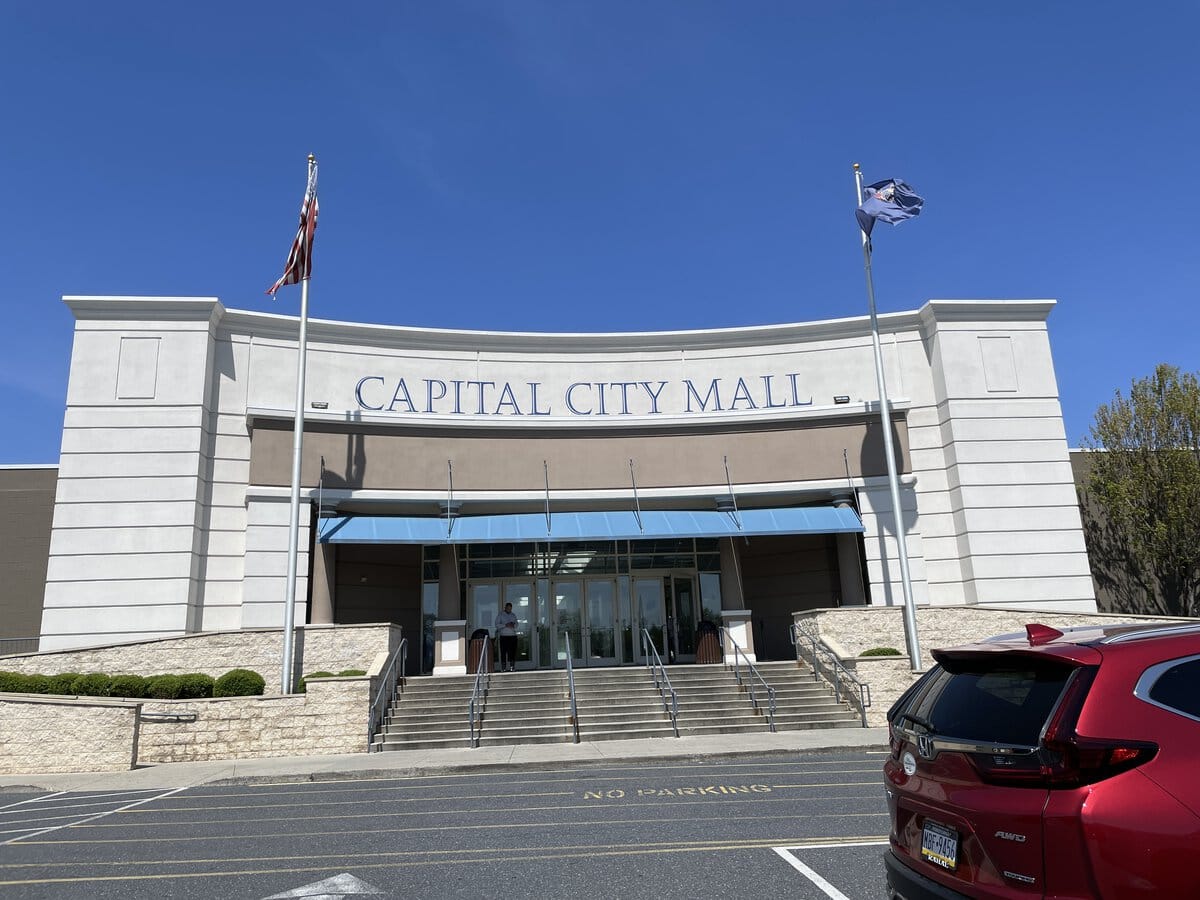
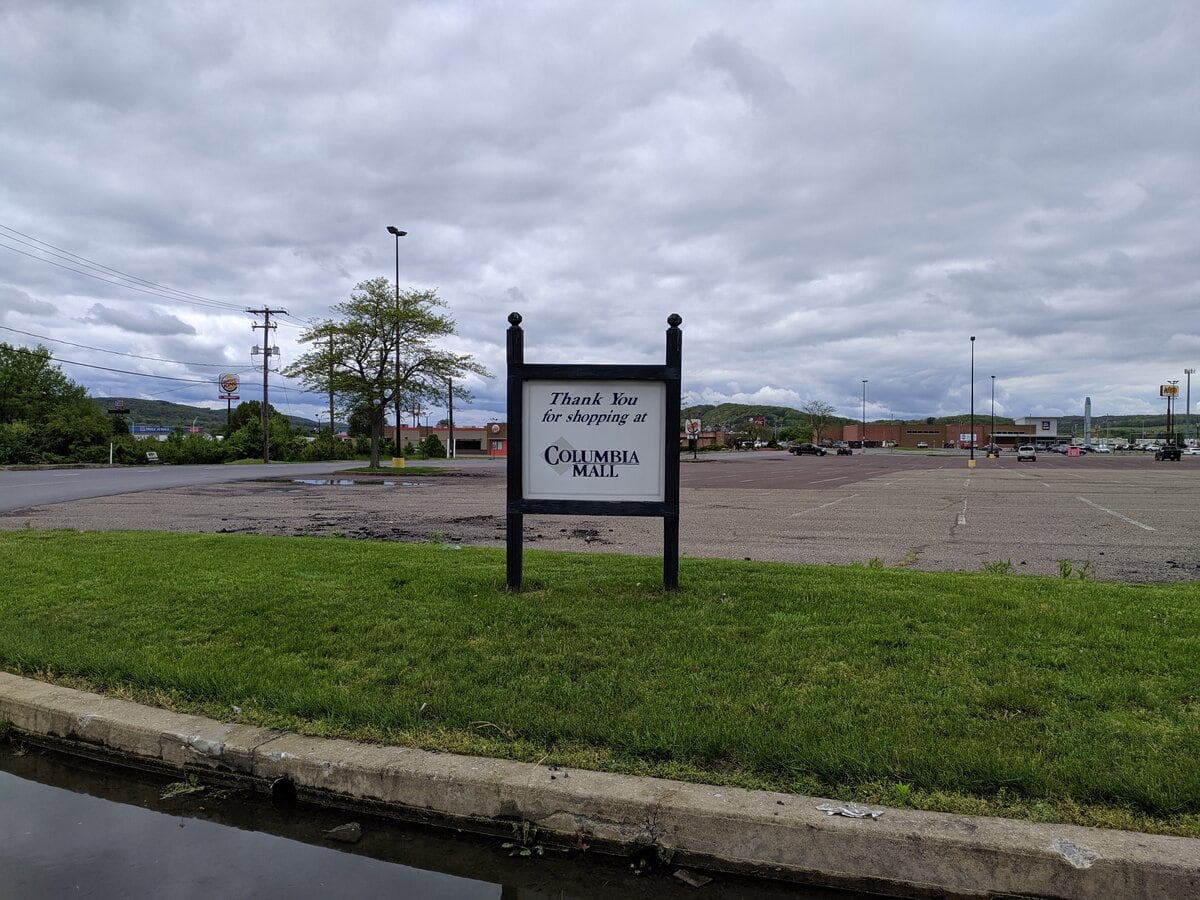

The other day I was making baked potatoes and I thought of something that might help the Uniontown mall we were stationed in upper Hayford England next to Oxford. The biggest thing they have over there is called potato pubs. I think this would be a great addition to Uniontown because we don’t have a potato pub and it’s a big thing in England Where you could serve potatoes with all kinds of dressings and even serve a good pint if you know what that is, it’s just a suggestion, but a good baked potato with a lot of stuffing makes a good meal think about it and look into what England has to offer. It would be a pleasure to see a big potato pub in our Uniontown Mall. Hope this gets some replies thank you sincerely Sheila G Gomez.
A potato pub in Uniontown Mall might sound unexpected, but it's the unexpected that sticks. Places need new ideas, and this one carries the warmth of something tried and true.